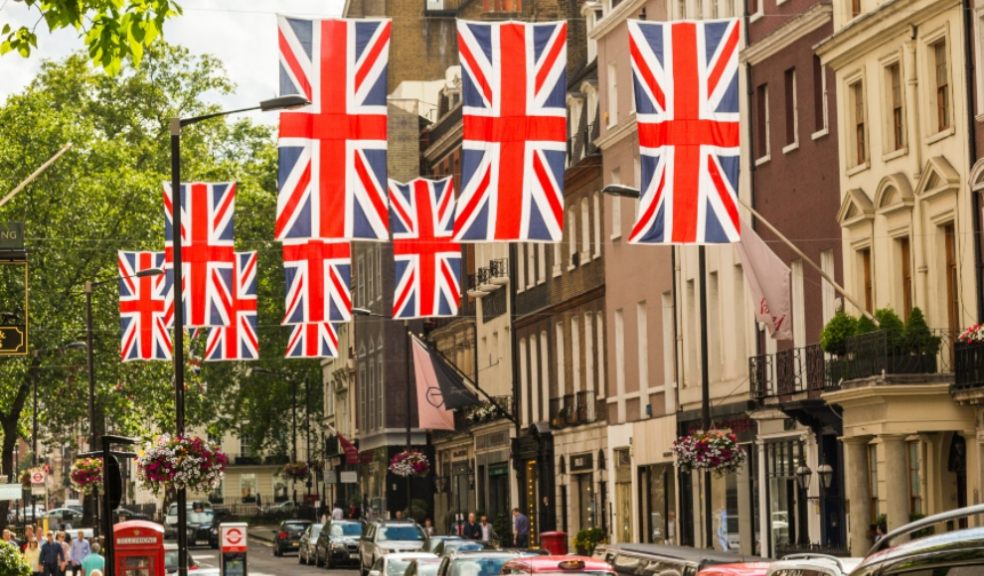
Just 12% of public considering being a royalist as important
Research by digital identity security specialists, ID Crypt Global, has revealed that while 69% of the UK public think the royal family is an integral part of our national identity, 79% also believe this area of our national identity has been negatively impacted in recent years.
The survey of almost 13,000 members of the UK public, commissioned by ID Crypt Global, found that regardless of which area of Britain we are from, 92% of us identify as British. Of those that don’t, the majority identify as either English, Scottish, Irish or Welsh, with some also identifying more closely with the country of their parents or family’s origin.
When it comes to the royal family, 69% believe they are an integral part of our national identity. However, 79% believe that in recent years, this area of our national identity has been negatively impacted.
Despite this, 63% also stated that they don’t believe we should move away from the royal family when it comes to positioning our national identity.
However, just 38% stated that they would consider themselves a royalist, while only 12% said that being a royalist was an important part of their own personal identity.
56% said they wouldn’t be celebrating the coronation and 68% also stated that they don’t think the cost of the coronation should be footed by taxpayers.
CEO and Founder of ID Crypt Global, Lauren Wilson-Smith, commented:
“It’s clear that there is a great deal of love for the royal family and many believe they form an integral part of our national identity. While this national identity may have been tarnished in the public spotlight in recent years, the majority of us want to see the royal family continue to lead our nation.
However, at the same time many of us simply don’t consider being a royalist as an important part of our own personal identity. This suggests that while the monarchy still holds a great deal of relevance in the modern age at a national level, it no longer has the same influence on us at ground level, as it did when Queen Elizabeth took the throne in 1953.”













